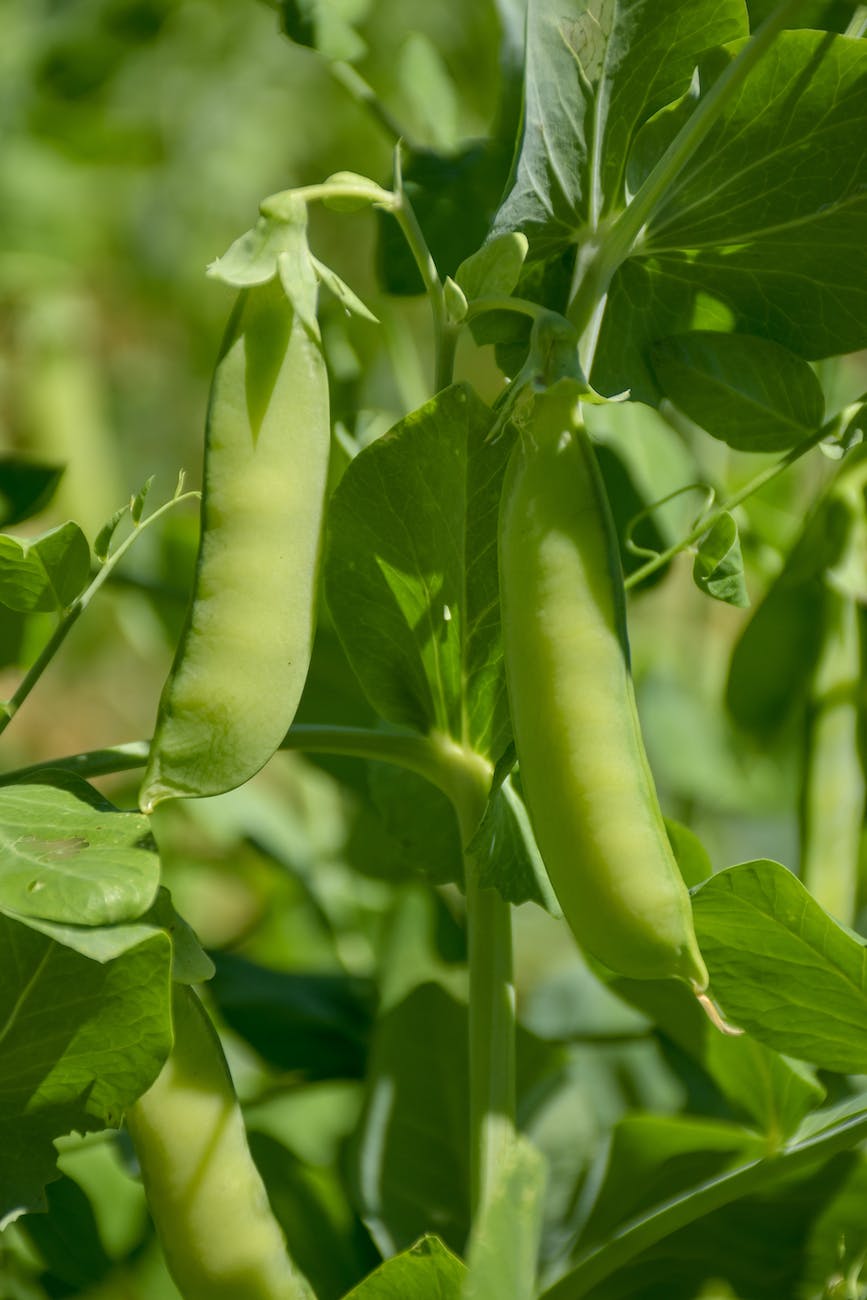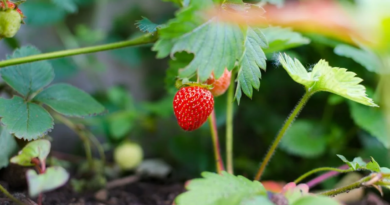Securing Your Own Allotment in the UK: A Comprehensive Guide
Are you interested in growing your own produce and becoming more engaged with your local community? If so, obtaining an allotment in the UK might be the ideal solution for you. Allotments offer numerous benefits, from providing a dedicated space to cultivate your own fruits, vegetables, and flowers, to serving as a wonderful opportunity to meet new people and participate in local events and activities. They can also contribute to a more sustainable lifestyle by reducing your carbon footprint and promoting organic gardening practices.
However, the process of securing an allotment plot can seem daunting, especially if you are unfamiliar with how it works. This guide aims to demystify the process by walking you through each step necessary to find and secure an allotment plot in the UK. We will cover everything from locating your local allotment association to submitting an application for a plot. Additionally, we will provide practical tips and advice to help you maximise your allotment experience, ensuring that you get the most out of your gardening efforts.

Firstly, we will explore how to find your nearest allotment sites and understand the different types of plots available. Next, we will delve into the application process, including what information you need to provide and how to navigate waiting lists, which are common in many areas due to high demand. Once you have secured your plot, we will offer guidance on how to get started with preparing the soil, selecting the right plants, and managing your garden throughout the growing seasons.
Whether you are a seasoned gardener looking to expand your horticultural horizons or a complete beginner eager to learn the basics of growing your own food, this guide is designed to support you every step of the way. By the end, you will have a comprehensive understanding of how to obtain and manage an allotment in the UK, allowing you to enjoy the myriad benefits that come with cultivating your own produce and becoming more connected with your local community.

- Find your local council’s allotment office: Most allotments in the UK are run by local councils, so you will need to find out which council is responsible for the allotments in your area. You can do this by checking your local council’s website or contacting them directly. You can use the following website to apply online – Apply for an allotment
- Check availability: Once you have identified your local council’s allotment office, check if there are any allotment plots available. You may need to go on a waiting list if there are no plots available at the time. It’s important to keep in mind that waiting lists can be long, and it may take some time before an allotment becomes available. However, don’t be discouraged – the wait is worth it. In the meantime, you can prepare by reading up on gardening and allotment management techniques, as well as preparing the necessary tools and equipment.
- Determine the size of plot you need: Allotment plots come in different sizes, and you can choose the size that best fits your needs. Consider how much time you have available to dedicate to your plot, as well as the type of plants you want to grow.
- Fill out an application form: Once you’ve found an allotment site near you, fill out an application form and submit it to the council. You may be placed on a waiting list, so it’s a good idea to apply as soon as possible.
- Pay the rent: Once you’ve been offered an allotment plot, you’ll need to pay the rent. The cost of an allotment varies depending on the location and size of the plot, so be sure to check with your council for the specific details.
- Start cultivating: Once you’ve paid the rent and received the keys to your allotment plot, it’s time to start cultivating! Make sure to read up on the best practices for growing your chosen plants, and don’t hesitate to ask for help from fellow allotment holders.
- Join an allotment association: Joining an allotment association is a great way to meet other gardeners, exchange tips and advice, and get involved in local events.

Remember, patience and hard work are essential for a successful allotment. The process of transforming a plot into a productive garden takes time and effort, but the rewards are well worth it. An allotment in the UK offers a unique opportunity to connect with nature, enjoy physical activity, grow your own food, and build a sense of community with fellow gardeners. With dedication and enthusiasm, you can secure a plot and start reaping the many benefits of allotment gardening.
As you embark on this journey, keep in mind the broader impacts of your efforts. The physical activity involved in gardening will not only improve your health and fitness but also provide a satisfying and enjoyable form of exercise. The fresh produce you grow will enhance your diet with nutritious, organic fruits and vegetables, contributing to a healthier lifestyle. Furthermore, the financial savings from growing your own food can be significant over time.
The social aspect of allotment gardening cannot be overstated. You’ll become part of a community of like-minded individuals who share your passion for gardening. This sense of community can lead to lasting friendships, valuable knowledge exchanges, and a supportive network that enriches your gardening experience. The camaraderie and collective wisdom of the allotment community will be a source of inspiration and motivation.
Moreover, the environmental benefits of maintaining an allotment are substantial. By growing your own food, you reduce your carbon footprint and promote sustainability. Allotments also serve as green spaces that support local biodiversity, providing habitats for a variety of wildlife. Practicing eco-friendly gardening techniques, such as composting and water conservation, further enhances these environmental benefits and promotes a more sustainable way of living.

The personal growth and learning opportunities that come with allotment gardening are immense. Whether you are a novice or an experienced gardener, you will continuously learn and adapt, developing new skills and gaining deeper insights into horticulture. This journey of discovery can be both challenging and deeply rewarding, fostering a sense of achievement and fulfillment.
Finally, the mental health benefits of allotment gardening are profound. Engaging in regular gardening activities can reduce stress, alleviate symptoms of anxiety and depression, and improve overall mental well-being. The therapeutic effects of being in nature, combined with the satisfaction of nurturing plants and harvesting your own produce, can significantly enhance your quality of life.
While the path to a flourishing allotment requires patience, hard work, and dedication, the multitude of benefits makes it an incredibly worthwhile endeavor. From the physical and mental health advantages to the social, environmental, and financial rewards, allotment gardening offers a holistic approach to a healthier, more connected, and sustainable lifestyle. Embrace the journey with enthusiasm and persistence, and you will find that the rewards of allotment gardening extend far beyond the garden itself, enriching many aspects of your life.




